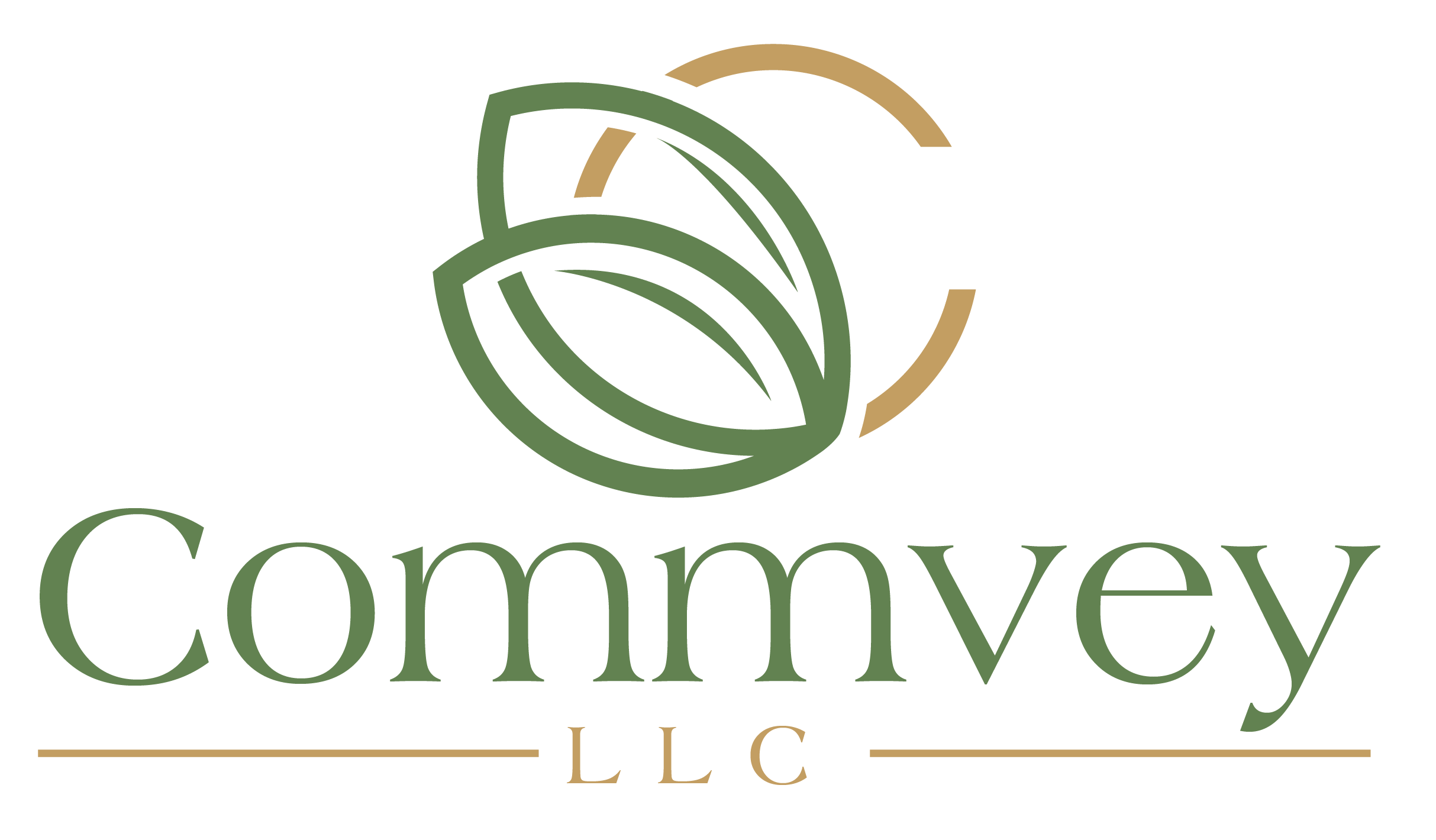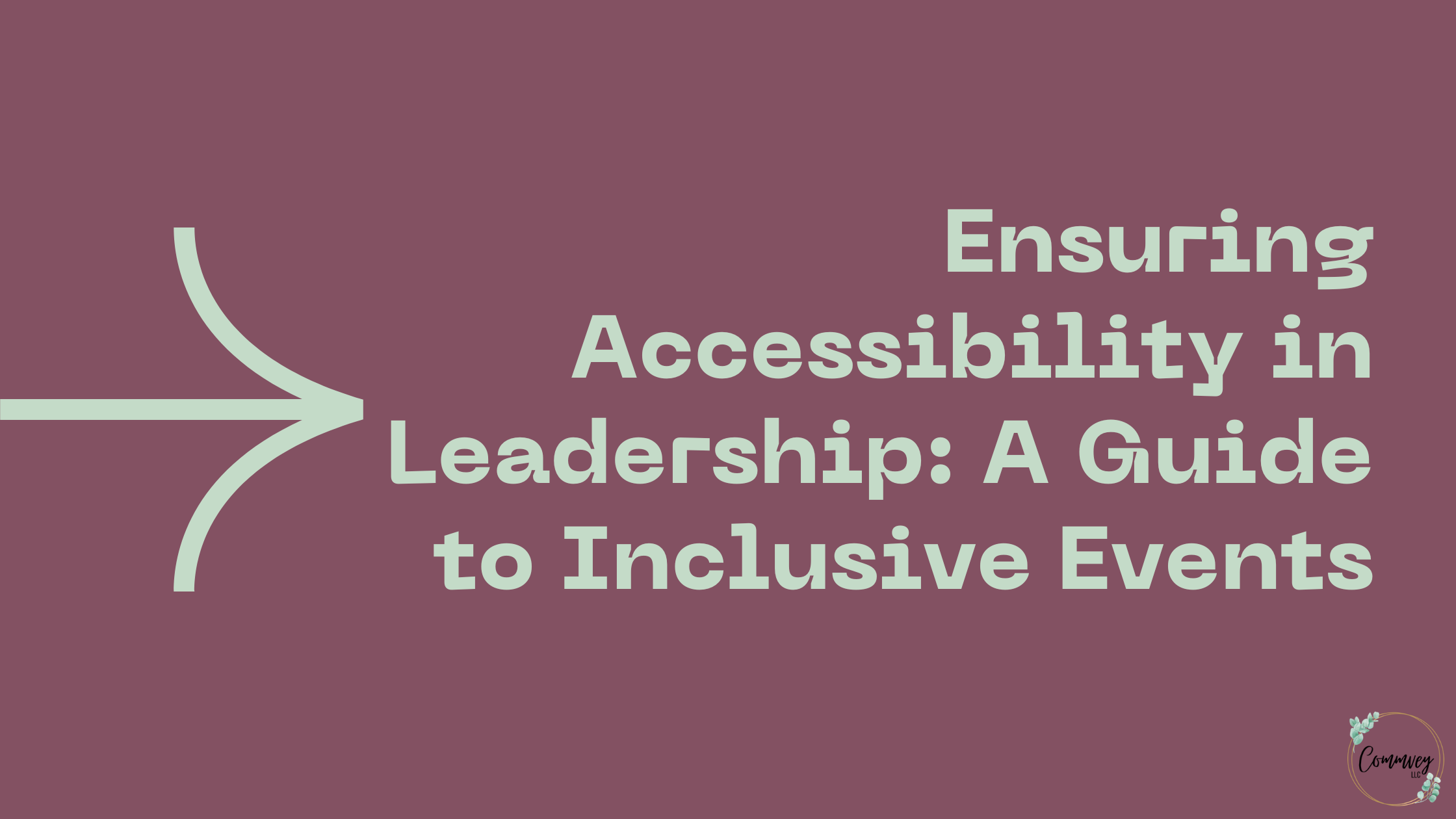
In today’s world, where diversity and inclusion are increasingly recognized as essential pillars of a healthy society, leaders must prioritize accessibility in all aspects of event planning, whether virtual or in-person. The goal is to create environments where every participant, regardless of their abilities or needs, can fully engage and participate. Here are practical strategies for fostering inclusivity and accessibility at every event:
Recognizing the Unspoken Needs
Not everyone feels comfortable voicing their accommodation needs. Leaders must proactively anticipate and address these requirements. This includes ensuring that all event materials, platforms, and venues are accessible without needing attendees to request accommodations. From providing language interpretation and clear visuals in virtual events to selecting ADA-compliant venues for physical gatherings, inclusivity should be built into the planning process.
Key Considerations for Event Accessibility
For Virtual Events:
- Ensure online platforms support screen readers and offer captioning for the hearing impaired.
- Provide accessible materials in multiple formats to cater to diverse needs.
For In-Person Events:
- Choose venues with full accessibility, including ADA-compliant facilities for those with mobility challenges.
- Offer remote participation options for individuals at higher COVID-19 risk.
- Cater to dietary restrictions with diverse meal options.
- Provide inclusive restroom facilities and consider childcare services for attendees with families.
- When serving alcohol, offer appealing non-alcoholic alternatives without pressure to consume.
Proactive Planning with Checklists and Communication
Include a checklist for accommodation needs in event invitations or RSVPs. This approach allows attendees to communicate their requirements discreetly, eliminating potential discomfort. Develop a clear plan to fulfill these accommodations, whether it involves sign language interpretation or specific dietary provisions, ensuring all participants can engage comfortably.
Building a Foundation for Genuine Engagement
Leaders who prioritize accessibility not only meet logistical needs but also foster an atmosphere of genuine engagement and belonging. Creating spaces where everyone feels valued and heard strengthens community and leverages diverse experiences as strengths rather than obstacles.
Leadership’s Role in Fostering Accessibility
Achieving fully inclusive events requires ongoing effort, reflection, and adaptation. Leaders play a crucial role in providing resources and support for full participation in communities and organizations. Embracing accessibility initiatives in event planning contributes to building a more inclusive and equitable world, event by event.
By implementing these strategies, leaders can ensure that their events reflect a commitment to inclusivity, allowing all participants to contribute and benefit fully, regardless of their individual needs or abilities.
Want to learn more?
Schedule time with us


